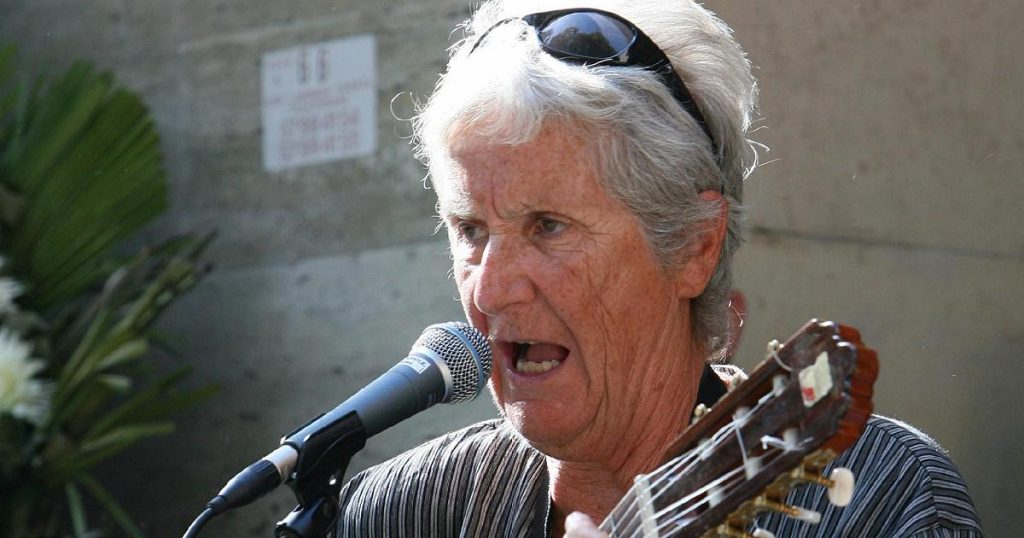Giovanna Marini, a composer, singer, researcher, and teacher, has made a significant impact on Italian music by collecting and preserving oral traditions. Inspired by the likes of Calvino, Pasolini, and Dario Fo, Marini has narrated a different side of Italy through her work. Born in Rome, she learned about folk singing and oral history from influential figures such as Pier Paolo Pasolini, Italo Calvino, and Gianni Bosio. She traveled extensively in the 1960s to meet and record the voices of a living tradition, focusing on the sounds of ritual, pain, and protest.
In the 1970s, Marini founded the first popular music school in Italy, located in Testaccio. She believed in the importance of studying and understanding traditional music. At Folkstudio, she worked with young Roman singer-songwriters like Francesco De Gregori. In addition to her teaching, Marini put her own spin on Italy’s historical wounds through her music. She created essential songs about events like the Fosse Ardeatine massacre, the Ustica bombing, and Pasolini’s death. She believed that a country capable of killing a poet was a sick one. For Marini, traditional music was the true avant-garde, drawing from oratories, ballads, and the interplay of voices.
Marini’s music has always been political and socially conscious, mirroring the country’s troubled past and present. In her songs, she addresses themes of strife, injustice, and the struggles of the everyday people. Her work reflects a deep connection to the Italian folk tradition, using rhythms, melodies, and lyrics to convey powerful messages. Through her music, Marini seeks to shed light on dark moments in Italian history and to honor the voices of those who have been silenced.
Throughout her career, Marini has collaborated with many musicians and artists, using her voice to bring attention to social issues and injustices. Whether she is performing a traditional folk song or a contemporary piece inspired by current events, Marini’s music is always deeply rooted in the Italian tradition. Her collaboration with various choirs, ensembles, and solo artists has helped to keep the spirit of Italian folk music alive and relevant in the modern world.
From her early days as a young student learning from the masters to her later years as a respected teacher and performer, Giovanna Marini has left an indelible mark on the world of Italian music. Her commitment to preserving oral traditions and using music as a tool for social change has inspired generations of musicians and activists. Through her work, she has shown that music can be a powerful force for storytelling, resistance, and cultural preservation. Giovanna Marini’s legacy as a composer, singer, and advocate for traditional music continues to resonate with audiences around the world.















